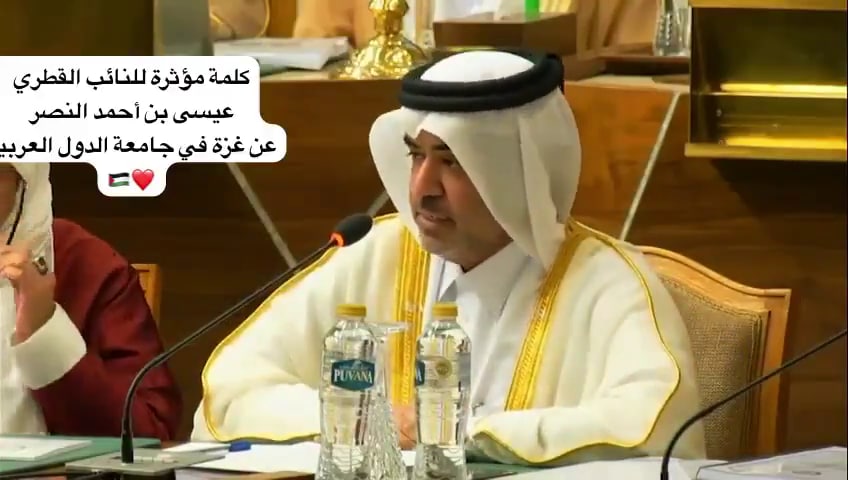
In a Friday sermon delivered at the Women's Mosque of America, activist Sumaya Abubaker of the Center for Religion and Civic Culture at the University of Southern California talked about sexual abuse in the Muslim community – sometimes perpetrated by imams and Quran teachers – and about the silence surrounding it. Abubaker, herself a survivor of sexual abuse, said that by keeping silent and by the approach of "shame them and blame them" prevalent in society, "we create an environment comfortable for the perpetrators." She urged people to speak out about sexual abuse, "even if it be against yourselves, your parents, or your relatives, ... even if it be against your own institutions or your community leaders, ...," saying that "silence at its core is the absence of compassion," and that "a compassionate and just response means that we hold perpetrators accountable." The Women's Mosque of America in Los Angeles, California, was established in 2015 and is the first women's-only mosque in the U.S. Abubaker delivered her sermon on April 24, 2015, but it was posted on the mosque’s official YouTube channel only on June 21, 2017.
Sumaya Abubaker: "The first story that I learned of was from a young women from our community, and she was assaulted at the age of twelve by the son of close family friends, who was eighteen. They are staying at their house for a few days and one night she awoke to being sexually assaulted by this young man. It was the most terrifying and confusing incident that she had ever experienced in her life. In the morning, she mustered up the courage to tell his mother, a woman who she adored tremendously, who she had grown up with. And immediately after she had told her what happened, this woman turned on her in anger and immediately blamed her. She told her, 'this is what happens to girls like you, girls who are too playful.'
[...]
"In her mid-twenties, she even decided to go to a trusted and prominent Imam in her community. So she went to him, and she told him, of the sexual assault and how she still was haunted by it, how she still struggled. And after she told him, he sexually harassed her multiple times.
[...]
"I know this story so well and intimately, because this was my story. And through these experiences, I learned what it was like to be shamed and blamed, to be silenced, to feel powerless, to feel isolated and alone and I also learned what it felt like to feel the intense fear and numbness that comes with losing hope and interest in pursuing life itself.
[...]
"And by no means am I alone. According to the Center for Disease Control, approximately one out of four women and one out of six men have experienced a form of sexual violence at some point in their lives. Including but not limited to incest, molestation, rape or even stalking. What that means right now in this room, is that if it's not you, it's someone sitting next to you. And yet, when survivors come forward, we call them liars.
[...]
"And we also shame them and blame them. We tell them this is because they must have strayed from their deen. We tell them to stop causing chaos and disruption in our communities. We tell them to move on, to get over it. That we have bigger issues to deal with. And when we do this, we create an environment comfortable for perpetrators to keep perpetrating.
[...]
"And it wasn't until I started sharing my own stories that I also came to know just how many survivors there were within our Muslim community, amongst our Muslim leaders, community members. And I also came to know and to have a certainty when walking into a room like this, that there have already been people in this room who have whispered in their hearts, in their chests the words 'Me Too.'
[...]
"And the survivors I speak of within our communities include, women who were assaulted despite the hijabs they wore, the jilbabs they wore, even the niqabs they wore. Women who were sexually abused by the very mahrums, the family protectors who were meant to protect them from harm. These are also boys, young men who were raped by the Quran teachers, or molested by an uncle, or even a neighbor.
[...]
"The heart of the matter is that what truly makes us unsafe is the allusion of safety that we've created. We've built this allusion with our silence, the silencing of our survivors, the silence of those who know better, and the silence we've created around the perpetrators. The silence at its very core is the absence of compassion.
[...]
"And a compassionate and just response, also means we hold perpetrators accountable. Again, even if it be against yourselves, your parents, or your relatives. This also means, even if it be against your own institutions or your community leaders. It is an act of compassion for the survivors, an act of compassion to the community by preventing further harm. It's even an act of compassion to the perpetrators by keeping him or her from continuing their transgressions, from continuing their harming of others. Because when one commits a harm to another, they commit a harm against themselves."













